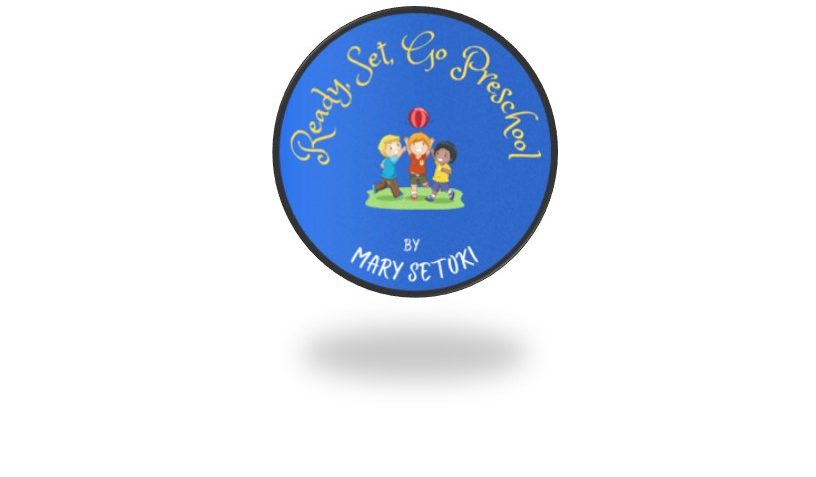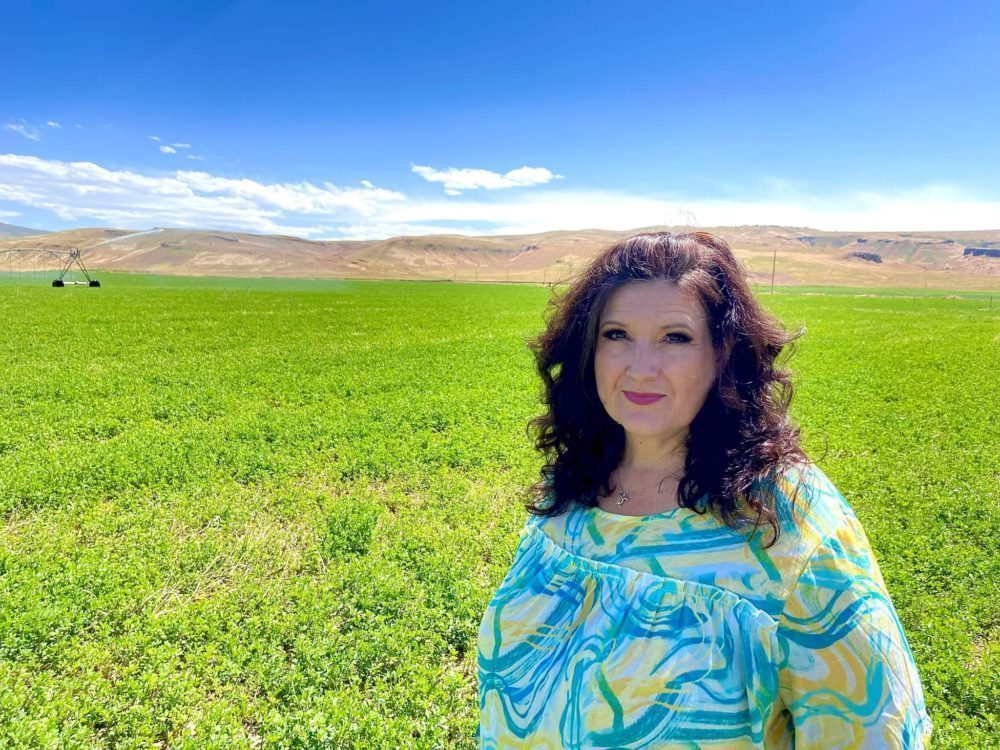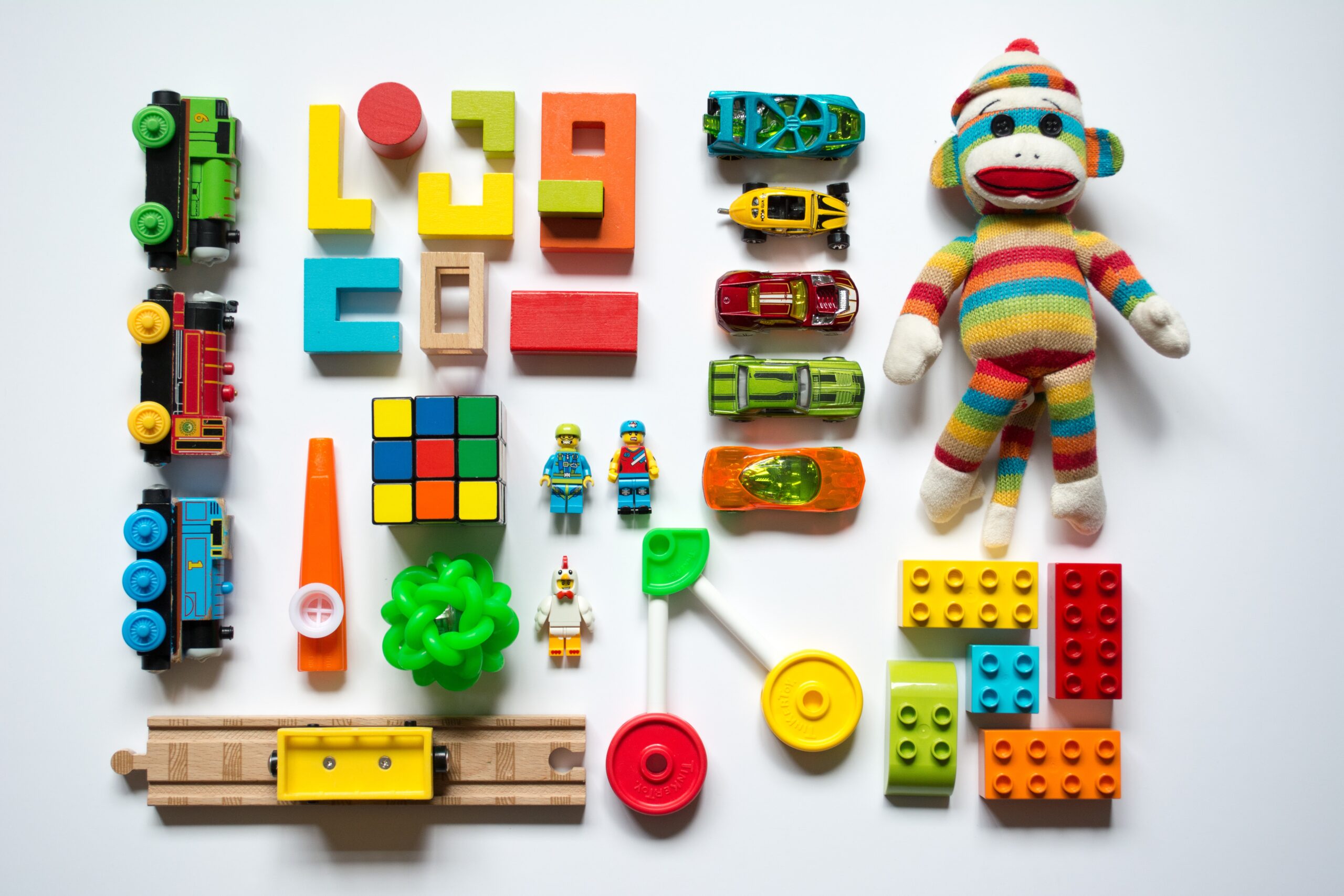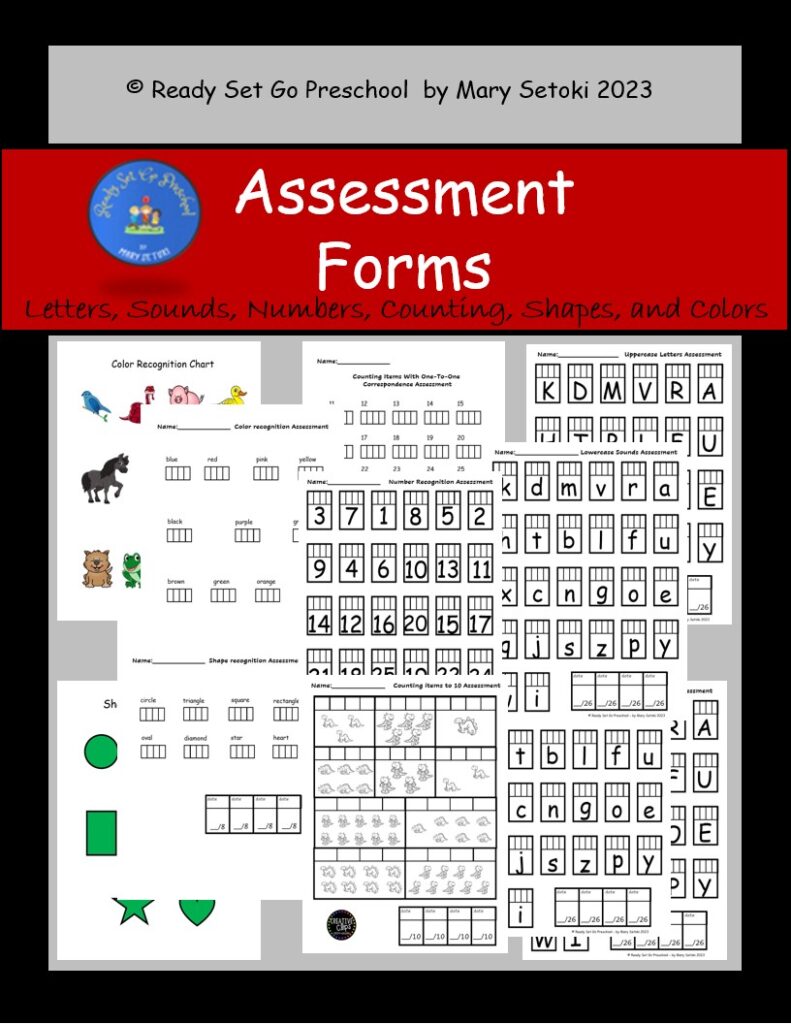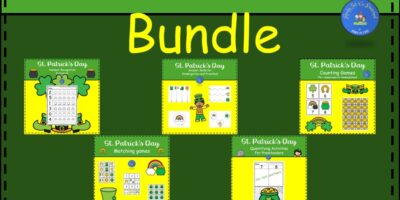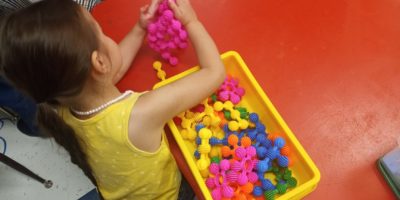Simple Activities for Preschoolers
As a parent, one of the biggest joys is watching your child grow and develop. In those early years, it’s important to provide experiences for early childhood development to build a strong foundation for their future education. Fun activities for early childhood education are critical for the development of a child’s cognitive, social, and emotional skills. As a parent, you want to give your child the best foundation for their early learning. Fortunately, giving your child a head start doesn’t have to be complicated or expensive. There are plenty of simple activities for preschoolers that you can do with your child to boost their early learning. Here are ten simple activities you can do with your child to promote learning in those early years.
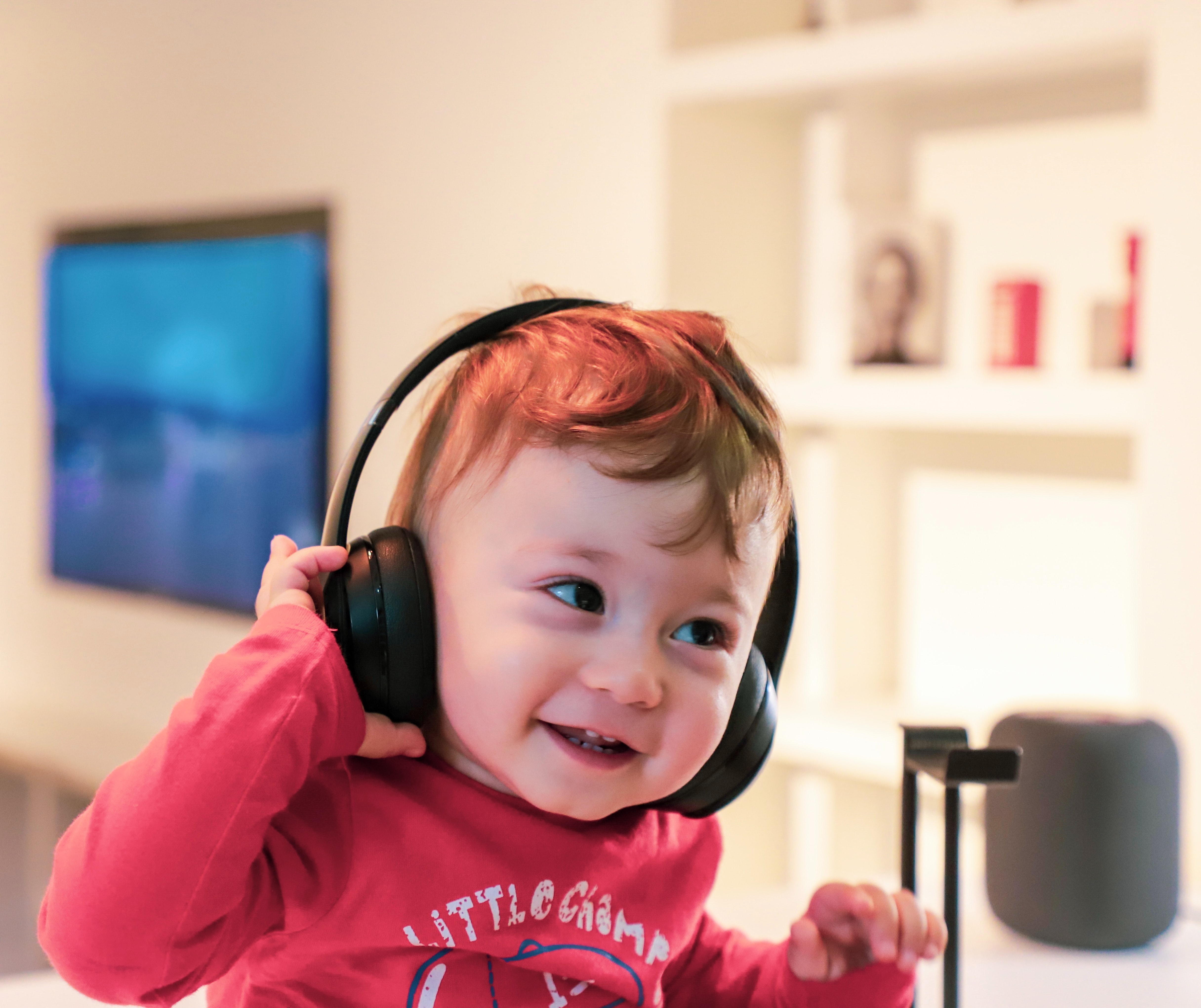
Music and Movement
Singing helps children develop Language and communication skills in early childhood. For example, nursery rhymes and children’s songs are great for teaching children basic concepts such as colors, numbers, and the alphabet. In addition, singing also helps children develop phonemic awareness, which is important for early reading and writing. Singing is not only a fun way to bond with your child, but it helps to develop many skills that are important to early learning such a memory retention, language, communication and phonemic awareness. Moving and dancing to music helps children develop coordination, gross motor skills and can introduce them to new music and cultures.
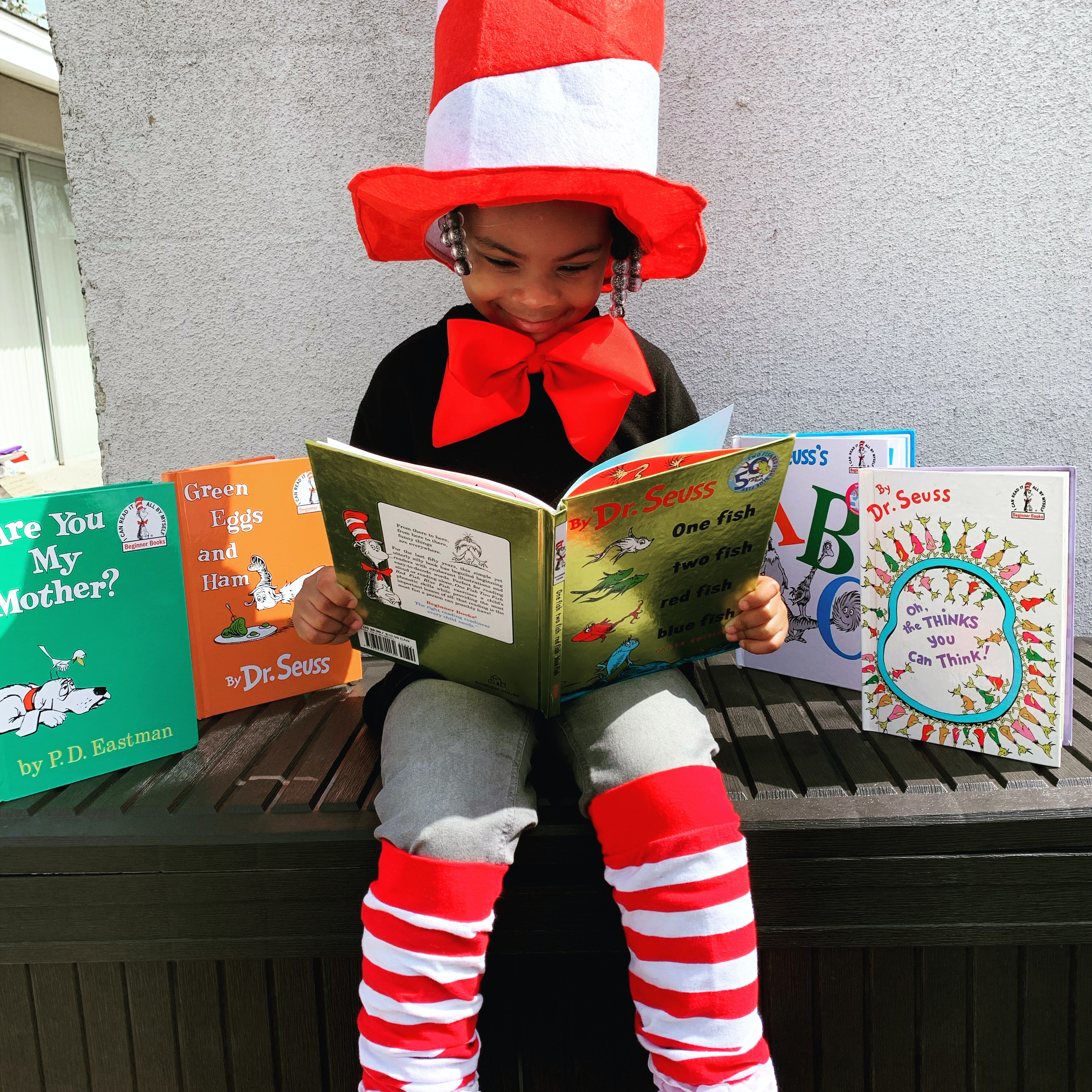
Reading
Reading to your child is one of the best simple activities for preschoolers that you can do to help them develop a love of learning and language. It is an excellent way to introduce young children to language and literacy skills. Parents can read aloud to their children, ask questions, and encourage their kids to participate in the story. It promotes vocabulary development, comprehension skills and imagination. Reading with your child is one of the easiest activities to support their early literacy skills.
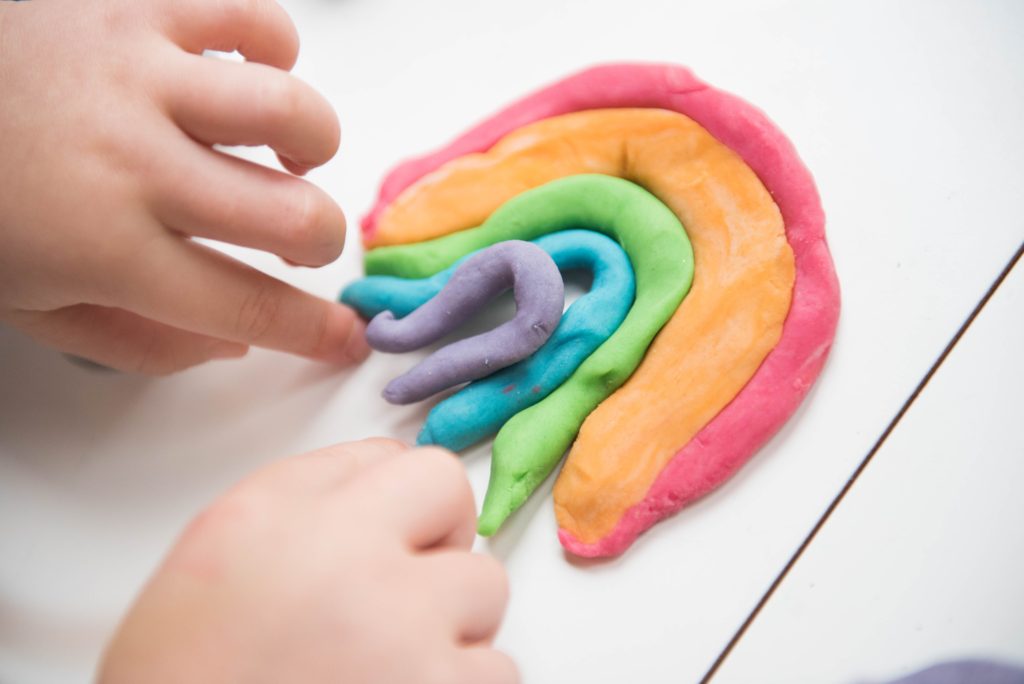
Messy Play
This type of play includes activities like painting, playdough, and sensory bins and water play. Messy play provides children with the opportunity to explore new textures and engage all their senses which supports learning. Painting is a fun way to explore colors and what happens when you mix them. Playing with playdough is an excellent tactile activity that aids in the development of fine motor skills. Children can use their imagination and creativity to create shapes and figures with playdough. Sensory bins can be filled with so different kinds of things. You can have a bin full of rice or beans and add magnetic letters, or sorting frogs or bears for the children to hunt for and sort by color, or animal, etc. Water play is a wonderful way to explore volume and measuring and how water can make things move. Messy play encourages exploration and experimentation.
Nature Walks and Outdoor Play
Going for a walk, exploring outside or spending time in nature is a great way to teach young children about the world around them and to promote observation skills. Taking a nature walk with your child is an excellent opportunity to help them learn about the world around them, from identifying different trees to watching birds in flight. Outdoor play promotes physical activity and gross motor skills, as well as providing opportunities for exploration and discovery.

Create Art
Encouraging your child to create art is an excellent way to develop their creativity as well as develop fine motor skills. Drawing and coloring are two ways to help develop fine motor muscles. Parents can encourage their children to draw or make whatever they want and praise them for their creativity and hard work. Having a “loose parts” area in your art center for children to create 3D art projects is another way for children to use their creativity and fine motor skills.
Click on the image to claim your FREE Early Childhood Basic Skills Assessments
Dramatic Play
Imaginative play is essential for early learning, and it’s as simple as playing dress-up or pretending to be a doctor or firefighter. Letting kids engage in imaginative play, dress up and take on new roles is great for developing creativity, language, and social skills. Role-playing allows children to act out real-life situations and encourages creativity and imagination.
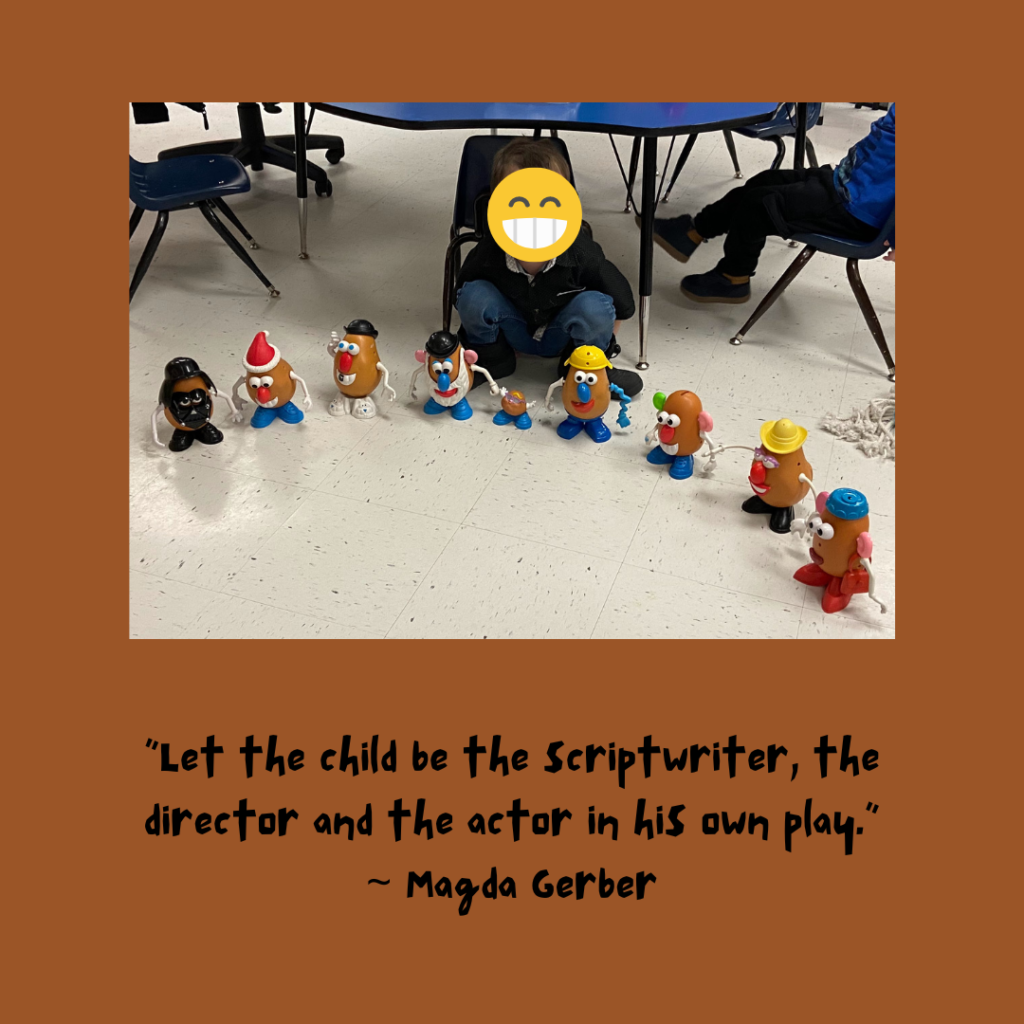
Cooking and Baking
Cooking with your child is a fun way to teach them about measurements and following directions. Allowing your child to help in the kitchen, can teach them about basic math, science concepts, and nutrition. Cooking and baking provide hands-on lessons by letting them measure, pour, mix and observe how ingredients change when mixed, heated, or refrigerated.
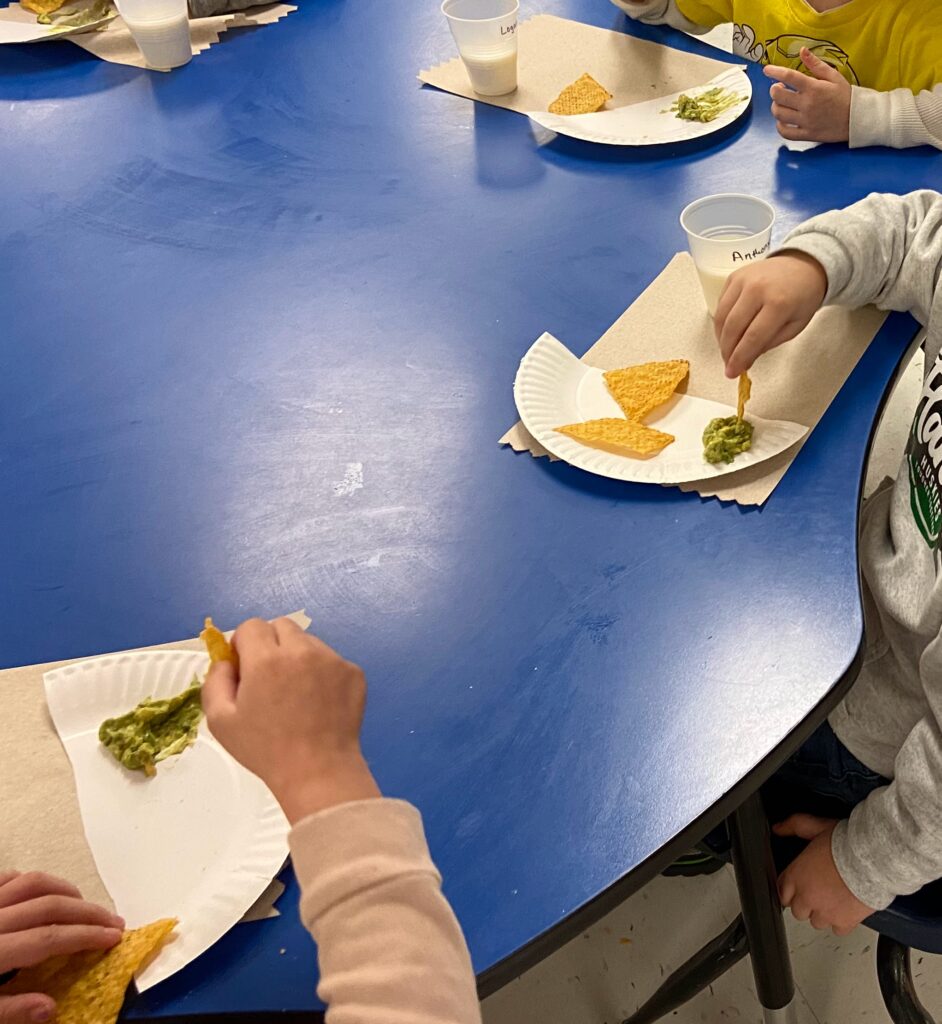
Puzzles and Board Games
Playing board games teaches children social skills such as taking turns, sharing, and following rules. It also provides opportunities for problem-solving and critical thinking. Solving puzzles helps children develop patience and perseverance as they practice their problem-solving skills. Puzzles and board games are also great for memory retention and fine motor skills.
Counting and Sorting
Counting is a fundamental skill for early learning. It’s as easy as counting the steps you take or the number of toys you’re playing with. Sorting objects by shape, color or size, and counting them is an easy way to learn about math concepts.
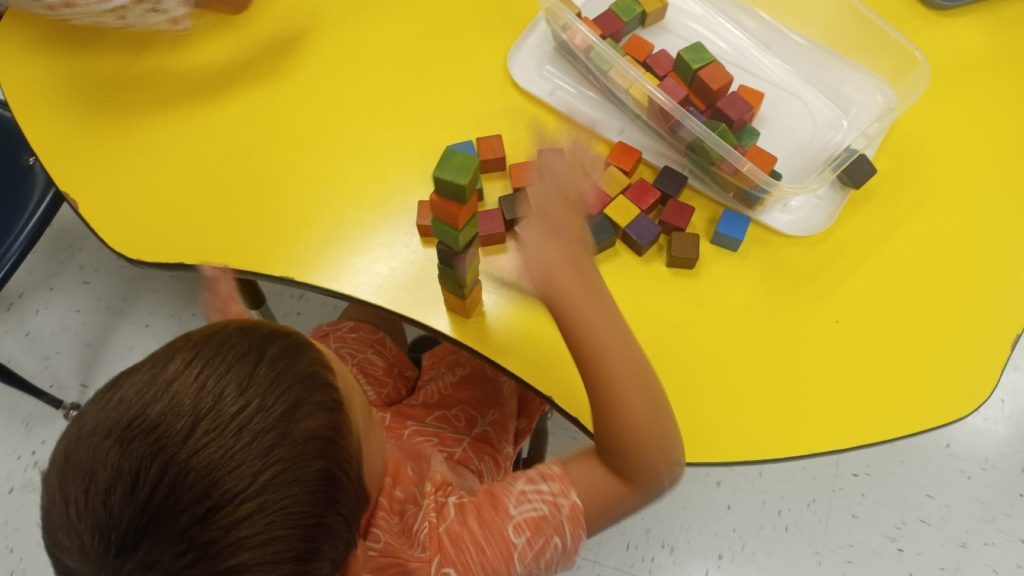
Building Blocks
Building with blocks helps children understand spatial awareness, spatial reasoning and promotes their creativity. In addition, children can learn math concepts such as counting, sorting, and creating patterns through building. Finally, playing with blocks also improves hand-eye coordination and problem-solving abilities.
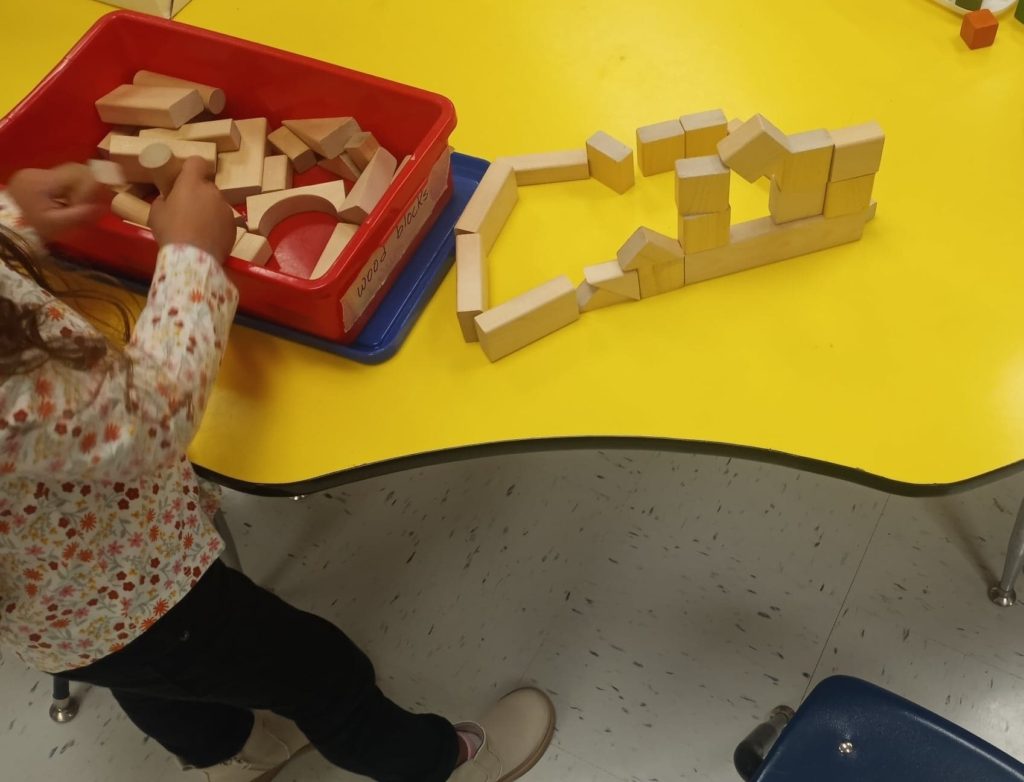
Early childhood education is crucial for the development of a child’s cognitive, social, and emotional skills. By engaging in these simple activities for preschoolers, parents can promote early learning and set their children up for success in the future. It is important to find the activities your child will enjoy and make time for them regularly. Such activities, combined with a nurturing environment and playful learning, can produce positive outcomes and lay the foundation for a lifetime of learning. Remember to be patient and have fun, and your child will be well on their way to a bright future.
